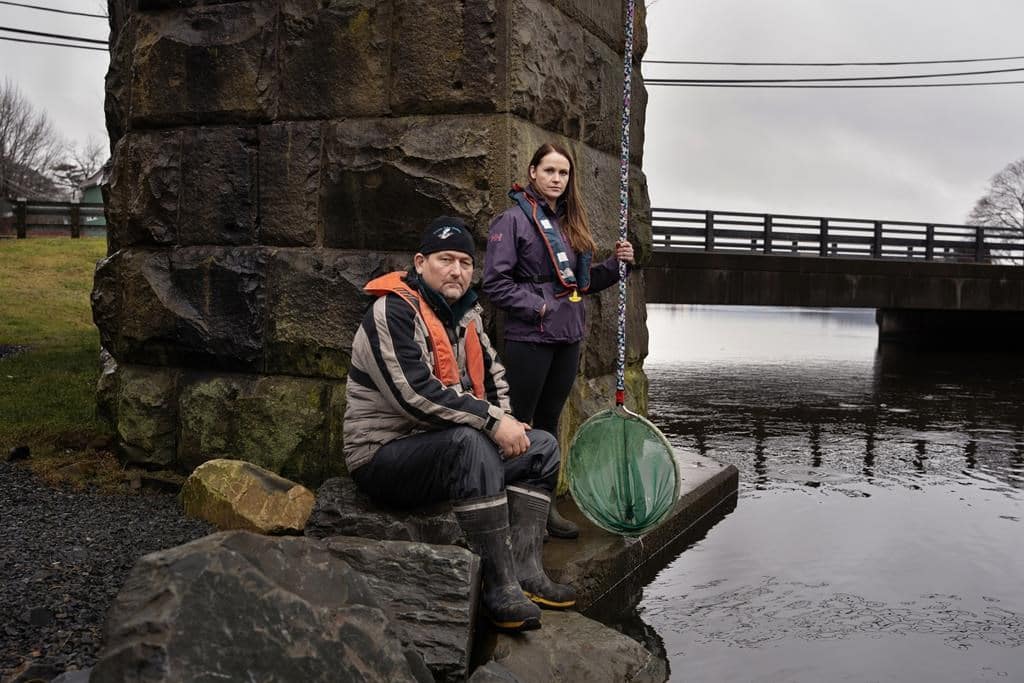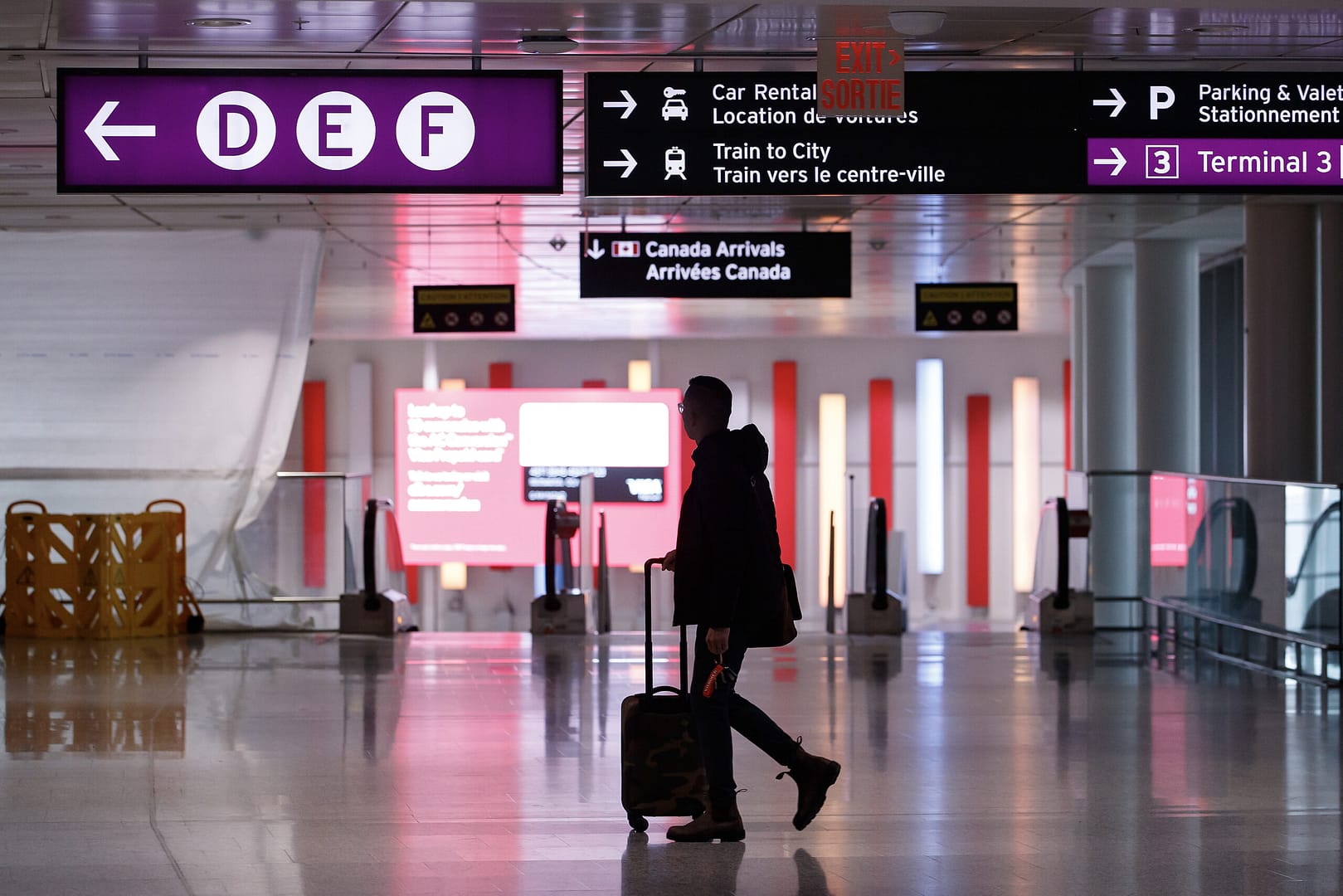Ontario has developed a strategy to transfer the profits from Nova Scotia’s child eel harvest from big license holders to dedicated, independent fishers like Mark Weldon and Suzy Edwards. But there’s a grab: some would-be beneficiaries of the alligator quota say the plan is unjust, impossible and undesired. Edwards, who is a resident of Halifax and is surrounded by a tidal river where the tiny, shiny eel known as elvers migrate in the spring, said this week that she was happy to work for Atlantic Elver Fishery. One of the nine commercial licensees with a southern Nova Scotia base could lose between 60 % and 90 % of their quotas is her employer. ” It’s going to split up a great staff who are almost like household”, Edwards said. ” We’re not going to get a good price, because there’s going to be a lot of competitors and fewer buyers “.Under the national Fisheries Department’s plan released earlier this month, 27 per cent of the entire Maritime capture of about 10, 000 pounds would move to 120 people who had been working for the owners. 30 adult eel harvesters would receive an additional 1.5 % of the lucrative catch. Edwards, a social worker who switched to fishing 14 years ago, said she might have no choice but to accept the 22 kilogram quota to help support her family. ” It’s not what I want”, she added. The Fisheries Department said in an emailed statement on Friday that the “presents a unique opportunity to broaden the distribution of prosperity,” potentially including young harvesters, employees of existing commercial license holders, and harvesters who participate in cooperative commercial enterprises. The industry participants had until December 16 to respond to the Dec. 5 proposal, according to the spokeswoman’s email, Megan Gallant. Their submissions are currently being reviewed. 1: 38
Concerned about proposed quotas from DFO, eel and elver harvesters in the maritime industry, said Edwards and Weldon that they are now faced with issues that don’t have simple solutions, such as a lack of holding tanks to keep their wriggling catch alive, uncertainty over the price they will receive, and a lack of clarity regarding which rivers they will have access to. The elvers must be kept in containers of aerated water to keep them alive, with backup electrical systems in case of power outages after being caught. They are transported live to countries like China and Japan where aquaculture operations grow them for food. At times in the history of the industry, a catch of 22 kilograms might have been a viable living, when prices reached between$ 4, 000 and$ 5, 000 per kilogram. However, Weldon said that the price of lobsters can fluctuate significantly as they go up and down,” and when you have all these new random people fishing, the price drops in the basement between$ 1, 500 and$ 700 per kilogram.” It’s safer …. Weldon, who estimates that it would cost close to$ 20, 000 to build a system to hold his catch, said that giving me 22 kilograms is just putting me out there by myself along with 120 other new fishers and all the random people who just show up at the rivers. Violence on the province’s rivers this spring, including accusations of assault and shots fired, was caused by tension over the fishery. As a result, the season was closed in March, soon after fishing had begun. The coworkers claimed that there have been instances in the past five years when up to 60 fishers, many of whom have no licenses, have fought for positions on waterways where they both once worked in peaceful solitude. Trending Now
Danny Masterson appeals 2023 rape convictions, aims for’ complete exoneration ‘
Will Canada’s border plan stop Trump tariffs? Republicans ‘ don’t know’
Weldon also claims that accepting the quota that used to be paid to his employer is unsettling, and that the company’s founders deserve praise for establishing the Asian market. Genna Carey, the manager of Atlantic Elver and daughter of its founder, said in an interview Thursday that with the company’s catch limit potentially set at 228 kilograms, down 80 per cent from 1, 200 kilograms in 2022, she’ll only be able to keep on a few of her 18 regular employees. The proposed changes would transfer approximately half of the total quota to First Nations fishers in addition to shifting the elver quota from businesses to employees. The indigenous fishermen have taken note of the fact that they have treaty rights to a moderately income-producing fishery as a result of a Supreme Court of Canada decision in 1999. Ottawa has not provided any compensation to the license holders whose quotas have been reduced. Carey described Ottawa’s proposals as” deeply disheartening. ” Fisheries Minister Diane Lebouthillier” has not done her research, nor has our regional DFO office,” Carey said”. There hasn’t been any analysis to determine how the wealth is currently distributed and where the profits from the fishery are being squander. ” When elver prices were high, Carey said, some of her employees were” in the top 20 per cent of Canadian income earners” — which means earnings over$ 100, 000, according to 2022 Statistics Canada figures. She argued that Ottawa needs to reconsider its strategy, including making licence holders pay for the quota they are losing and preventing her employees from becoming her rivals. Additionally, the Fisheries Department needs to have better reporting and monitoring of catches and more stringent enforcement. As it stands, the minister has created a system” set up to fail,” she said, predicting that hundreds of new entrants will crowd the rivers, prices are likely to plummet, and chaos on the province’s rivers will resume. 2: 07
Baby eel poaching causing frustration in Canada’s maritime provincesThis report by The Canadian Press was first published Dec. 20, 2024.


